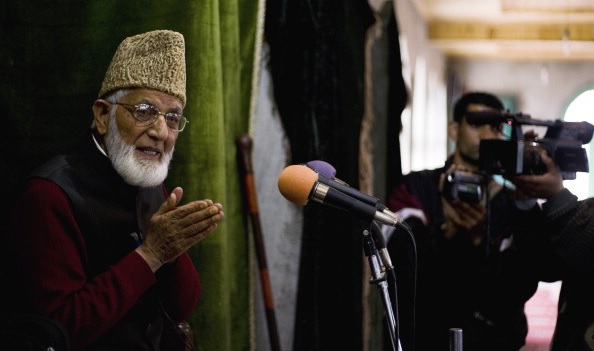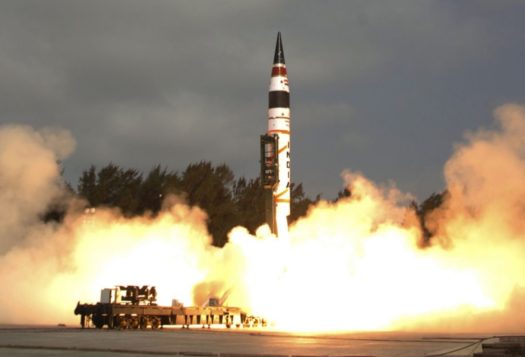
Al-Qaeda (AQ) announced in July that it has formed a new affiliate called Ansar Ghazwat-ul-Hind (AGUH) in the Indian state of Jammu and Kashmir. This marks the first time that the global terrorist group has created an affiliate in the region, though it has discussed the possibility for a long time. It is particularly important that AGUH is headed by Zakir Musa, a former local commander of the Hizbul Mujahideen (HM). He is the successor of Burhan Wani, the charismatic militant commander whose death at the hands of Indian security forces last year brought the Kashmir Valley to a standstill for five months.
The formation of the AGUH comes at a time when anti-India sentiments are at an all-time high in the Kashmir Valley and local militancy shows no sign of weakening. Yet, instead of welcoming AQ’s support for their cause, many Kashmiris now find themselves in a dilemma. While many Kashmiri Muslims identify themselves as part of the Muslim ummah, Kashmir’s struggle for self-determination has always maintained a strong local orientation rather than a pan-Islamic one. The mixed reaction to AQ’s announcement indicates that it could be an uphill battle for the group to appeal to Kashmiris in the Valley. They also face another obstacle in the form of cordon-and-search operations (CASO), a tactic that was used to combat insurgency in the Valley in the 1990s. Indian security forces recently implemented this door-to-door counterinsurgency strategy for the first time in more than a decade to root out Kashmiri militants.

Separatist leaders in Kashmir appear to be wary of their freedom struggle being linked with global terrorist groups, but this was not always the case. For instance, Osama Bin Laden favored the Kashmiris’ freedom struggle against India, which possibly prompted separatist leaders in the Valley to observe special funeral prayers on Bin Laden’s death. However, the dramatic rise of ISIS with its brutal methods and terrorizing violence seems to have led to the realization among the leadership that drawing support from global terror groups will hurt the Kashmiri freedom struggle. In fact, prominent separatist leaders recently declared they had no links with groups such as ISIS and AQ and claimed that these groups are “nonexistent” in the state.
However, the formation of the AGUH comes at a time when local militancy has regained ground in southern parts of the Kashmir Valley. In the aftermath of the death of Burhan Wani, whose presence on social media attracted young men to the notions of jihad and azaadi, around 250 local boys joined the ranks of the militancy. This has shored up the fortunes of HM, which was on the verge of extinction five years ago due to the dwindling number of recruits. In the last year alone, Kashmiris have appeared to wholeheartedly back the militancy in an outpouring of support not seen earlier. Media outlets over the last year have reported that youth in Kashmir have been radicalized by Salafi or Wahabi pan-Islamic ideologies. However, many Kashmiris deny these reports, arguing that establishing Sharia law stands in direct contrast to the Valley’s syncretic Sufism. There is also a general concern that the Valley shouldn’t go the Afghanistan or Syria way. Whether AGUH is able to gain ground in Kashmir depends on who wins in this war of ideas.
This is particularly important as Indian security forces have intensified counterinsurgency operations in recent months, which has sparked competition among the militant outfits in the region for recruits and resources. Not only will AGUH be forced to survive rigorous CASO campaigns, but they will also have to combat the hostility of other groups towards their presence in the region. Some existing groups, such as the Lashkar-e-Taiba and HM, have already denounced the formation of the AGUH, placing blame upon India for labeling Kashmir’s freedom struggle as terrorism by linking it with groups such as AQ and the Islamic State.
The establishment of the AGUH has put Kashmiris in a spot—they now have to justify their legitimate struggle for the right to self-determination while fighting against the notion that they draw support from global terror groups, which has ruined the credibility of many separatist movements worldwide.
***
Image 1: Yawar Nazir via Getty Images
Image 2: Yawar Nazir via Getty Images


